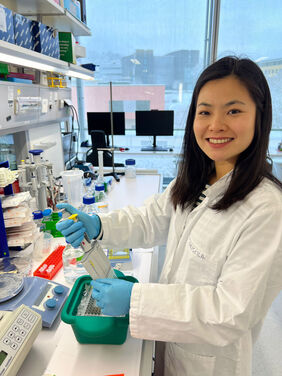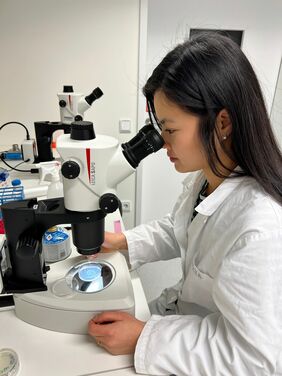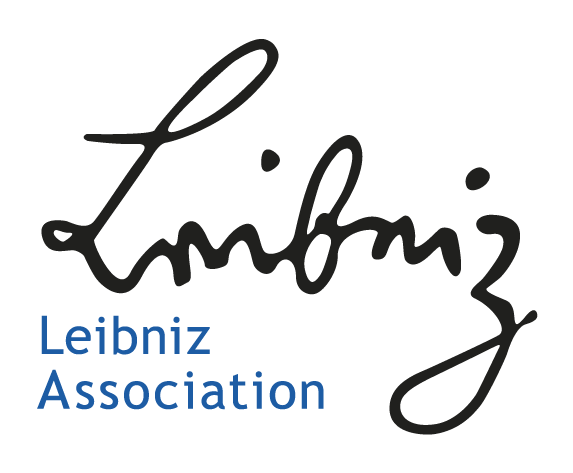Jena. "The FLI offers me all the opportunities to reach the next level." When Priscila Yumi Tanaka Shibao talks about her work, her eyes light up. Since the summer of last year, the 33-year-old has been part of the Kirstein research group at the Leibniz Institute on Aging – Fritz Lipmann Institute (FLI) in Jena, investigating the connections between age, sleep deprivation and Alzheimer's.
It has been proven that sleep deprivation and Alzheimer's have a reciprocal relationship. Alzheimer’s patients show changes in sleep pattern and sleep deprivation leads to an increase in the aggregation of amyloid beta peptide, one of the hallmarks of the disease. However, it is not known what is cause and what is effect. What is the molecular basis? Priscila aims to contribute to understanding the reciprocal relationship between sleep and neurodegeneration. To investigate this fundamental question, the lab makes use of a C. elegans disease model that recapitulates the aggregation of the amyloid beta peptide in vivo during aging, and she collaborates with the lab of Henrik Bringmann from Technical University of Dresden, whose main interests are the fundamentals of sleep. She uses advanced microscopy techniques, such as fluorescence lifetime imaging (FLIM) to evaluate amyloid beta aggregation and Calcium imaging to measure neuronal activity, together with biochemical methods. The postdoctoral researcher is driven by both personal and general motives: "I want to age healthily, and I want to do something good for other people."
Her scientific journey began in Brazil when she was still a Bachelor’s student. While studying Pharmacy-Biochemistry, she desired to make a difference in society by using what she learned about protein biochemistry. This motivation brought her to working in different labs and places both in Brazil and Germany, and to explore animal poisons, molecules tailored by evolution, to proteases and its inhibitors. These experiences eventually got her to pursue the postdoc in a challenging project that impact millions of people worldwide.
Working in research requires resilience. The native Brazilian has known this since she joined the FLI: "Every day brings surprises and often results that I don't expect. Mostly negative," she adds and laughs heartily about it. She is not alone in this, and that helps to overcome setbacks. "At FLI, there is truly collaboration. Across departments, we help each other, discuss approaches, broaden our horizons. And all this in an international environment. “
In addition to informal exchanges while having a coffee, meetings, workshops and seminars, Priscila particularly appreciates the excellent facilities: The FLI supports aging researchers with state-of-the-art technology platforms for the contemporary and efficient implementation of their projects. The imaging facility is particularly key for the success of her research projects. She thus appreciates their prompt assistance and expertise to tailor methods and solve problems together. Priscila sums it up: "The FLI is the ideal place to advance my scientific career."










